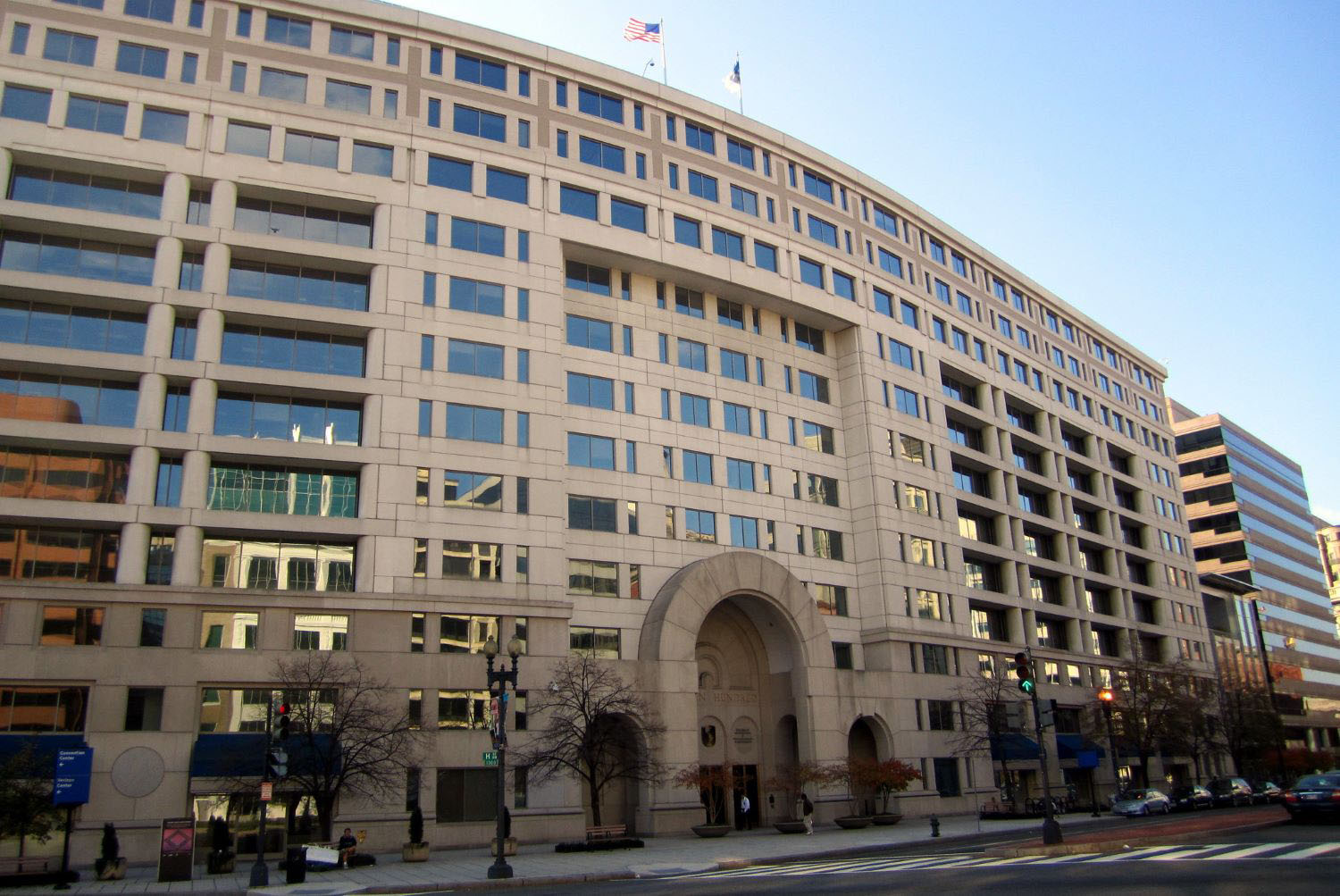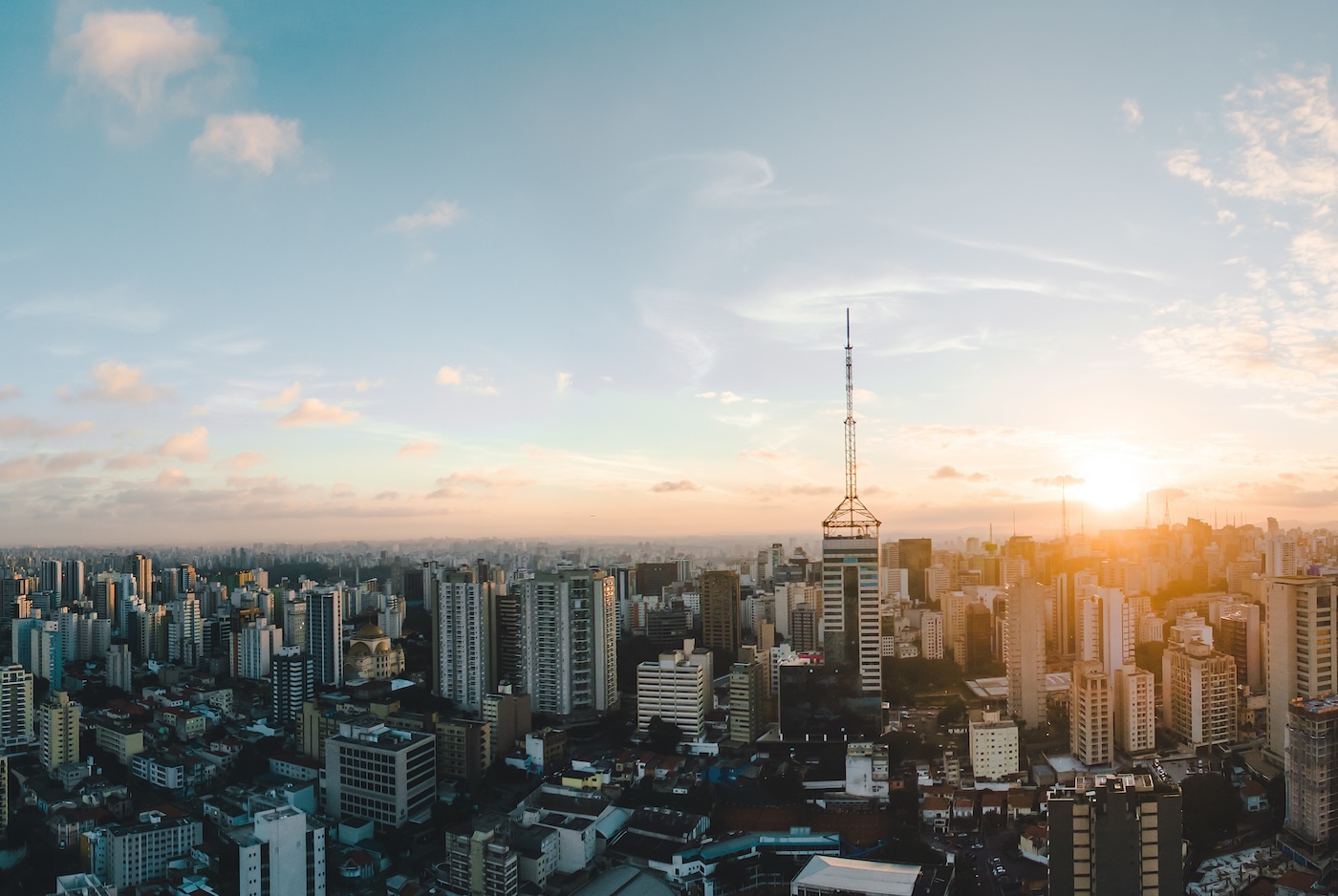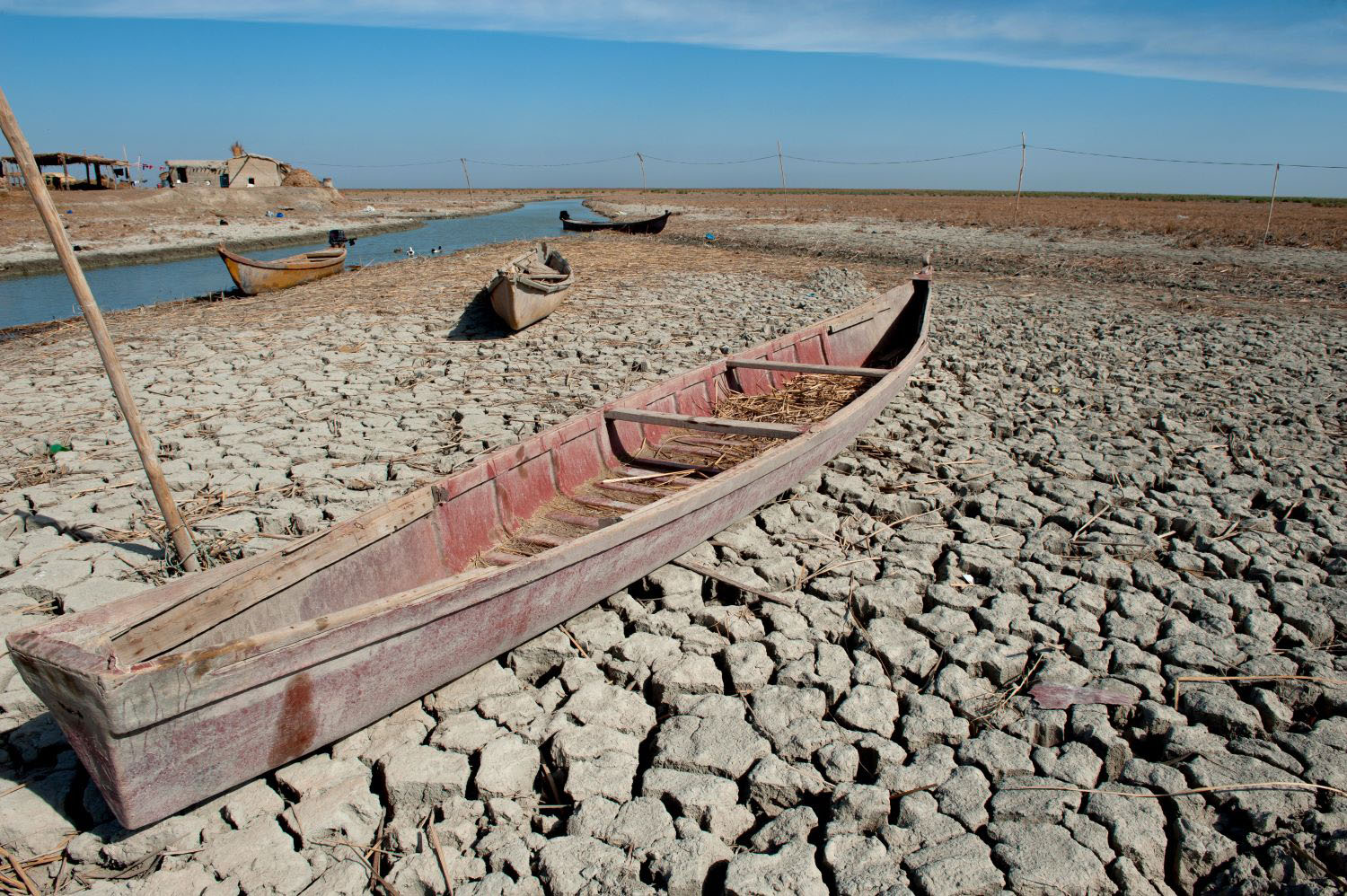This weekend, leaders of the entire Western Hemisphere will gather in Colombia to discuss cooperation for development, including legal cooperation. Something new and remarkable this year is how far apart the leaders have grown—openly this time—on drug decriminalization. It’s an issue with potentially huge implications for development.Up north, the governments of the United States and Canada oppose any change in drug criminalization.Further south, the story changes sharply. Several Latin American leaders are publicly discussing various measures to partially decriminalize illicit drugs—at home, abroad, or both. They include the current presidents of strong U.S. allies Colombia, Mexico, Guatemala, and Costa Rica. They also include former presidents of Colombia, Brazil, and Mexico (for Mexico make that two), as well as respected statesmen from outside Latin America like Ronald Reagan’s Secretary of State and a former U.N. Secretary General.Beyond this, in December a group of presidents and foreign affairs ministers from Mexico, Colombia, Chile, Guatemala, Honduras, Nicaragua, Panama, the Dominican Republic, Costa Rica, Belize, and El Salvador issued a statement that
“the most desirable thing would be a reduction in the demand for illegal drugs. However if this is not possible—as recent experience has shown—authorities in the drug-consuming countries should then explore all possible alternatives to eliminate exorbitant profits for drug criminals, including regulatory and market options for this purpose.”
This has
never happened before. Observers
are speculating that the drug issue might flare up at the summit.Violence and corruption related to the illegal drug trade have been
a major development challenge and a focus of U.S. aid efforts throughout the hemisphere. The latest research suggests that illicit drug profits have
fueled Colombia’s civil war, and that drug enforcement efforts are associated with increased violence both
in Latin America and
in the United States. Such violence leads households in Latin America to
decrease investment effort, with various short- and long-term effects on development.
CGD blog posts reflect the views of the authors, drawing on prior research and experience in their areas of expertise.
CGD is a nonpartisan, independent organization and does not take institutional positions.





